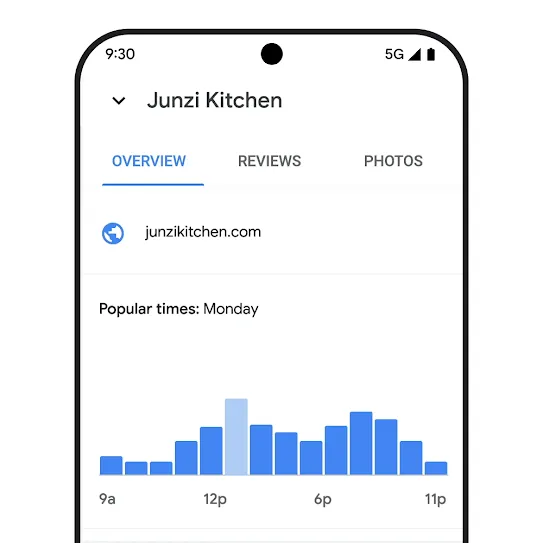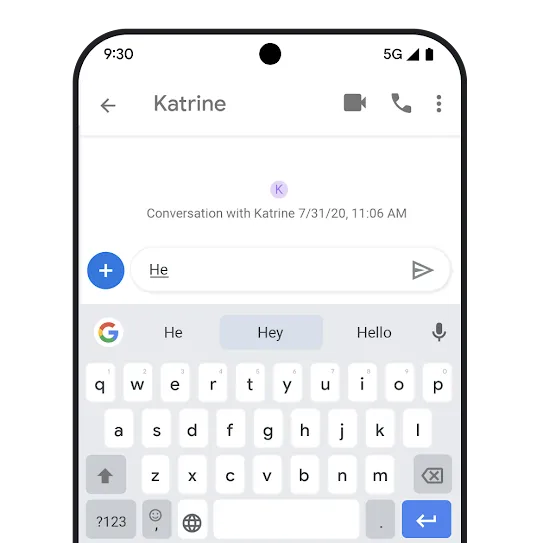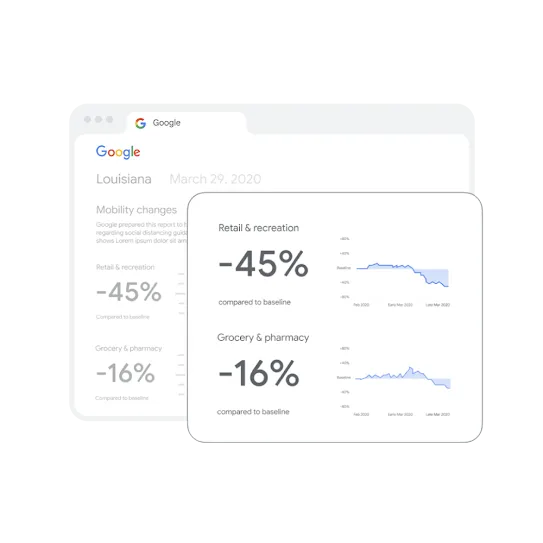We are committed to complying with applicable data-protection laws
We are always working to stay compliant with applicable privacy regulations. Over the years, we have worked closely with data-protection authorities around the world and have implemented strong privacy protections that reflect their guidance. And we continue to invest significantly to upgrade our systems and policies as privacy laws are enacted around the world.




